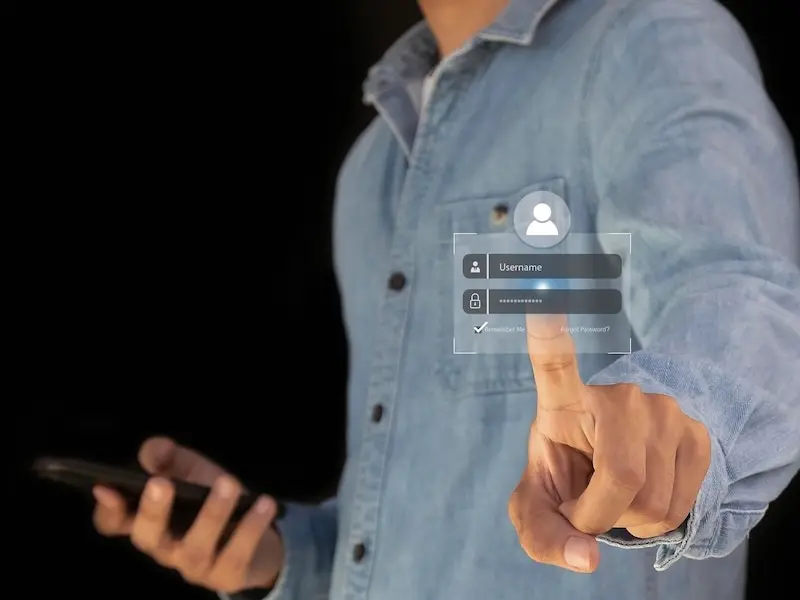- Multi-factor authentication provides an additional layer of security beyond traditional password-based systems.
- By requiring multiple verification factors, MFA helps mitigate the risk of falling victim to phishing attacks.
- Many regulatory standards and industry guidelines mandate the use of multi-factor authentication to protect sensitive data and ensure compliance with security regulations.
Multi-factor authentication is a layered approach to securing data and applications where a system requires a user to present a combination of two or more credentials to verify a user’s identity for login. There are many benefits when it comes to implementing MFA in each account.
Enhanced security
Multi-factor authentication provides an additional layer of security beyond passwords, significantly reducing the risk of unauthorised access and data breaches. By requiring users to provide multiple verification factors, such as a password and a unique code sent to their mobile device, MFA strengthens defense against cyber threats. Even if a hacker manages to obtain a user’s password, they would still need access to the second authentication factor to gain entry, making it considerably more challenging to compromise accounts.
Protection against phishing attacks
Phishing attacks, where cybercriminals attempt to deceive users into disclosing sensitive information, remain a prevalent threat. Multi-factor authentication helps mitigate the risk of falling victim to phishing scams by adding an extra layer of verification beyond passwords. Even if a user’s password is compromised through a phishing attempt, malicious actors would still require access to the second authentication factor, such as a verification code or biometric authentication, to gain unauthorised access. This significantly reduces the likelihood of successful compromise and enhances overall security.
Also read: Can firewalls prevent phishing?
Compliance with regulatory standards
Many regulatory standards and industry guidelines mandate the use of multi-factor authentication to protect sensitive data and ensure compliance with security regulations. By implementing MFA, organisations can demonstrate their commitment to data security and regulatory compliance. For example, the European Union’s General Data Protection Regulation (GDPR) requires organisations to implement appropriate technical and organisational measures to ensure the security of personal data. Multi-factor authentication is considered a best practice for protecting sensitive information and preventing unauthorised access, helping organisations comply with regulatory requirements and avoid potential penalties or legal repercussions associated with data breaches.
Improved user experience
Contrary to popular belief, multi-factor authentication can enhance user experience by providing added security without significantly inconveniencing users. Many MFA solutions offer convenient methods for authentication, such as biometric verification (e.g., fingerprint or facial recognition) or one-time passcodes generated by authentication apps. These methods streamline the authentication process and reduce reliance on traditional passwords, making it easier and more intuitive for users to access their accounts securely. Additionally, the peace of mind that comes with knowing their accounts are well-protected can increase user confidence and satisfaction.
Also read: UK launches first IoT security law
Future-proofing security
As cyber threats continue to evolve and become more sophisticated, organisations must adopt proactive measures to future-proof their security posture. Multi-factor authentication is a proactive security measure that adapts to emerging threats and provides robust protection against evolving attack vectors. By implementing MFA, organisations can stay ahead of cybercriminals and mitigate the risk of unauthorised access and data breaches. Additionally, MFA solutions often incorporate advanced technologies, such as machine learning and artificial intelligence, to analyse user behavior and detect anomalies, further enhancing security capabilities and resilience against cyber threats.

